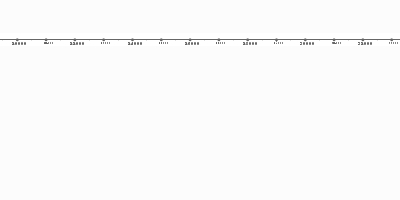The Haitian Revolution (aug 22, 1791 – jan 1, 1804)
Description:
The Haitian Revolution lasted from 1791 to 1804 and was a successful slave revolt that ultimately led to Haiti's independence from France. This marked the establishment of the first free Black republic and the first country to abolish slavery. It stands as one of the most significant and influential revolutions in world history.The primary causes of the Haitian Revolution were slavery and oppression. Saint-Domingue, France's most valuable colony in Haiti, produced sugar and coffee using enslaved African labor. Enslaved people endured brutal conditions, leading to intense feelings of resentment and resistance. The American Revolution and the French Revolution inspired the Haitian Revolution with their ideas of freedom and equality. In 1789, enslaved individuals became even more angered when France's Declaration of the Rights of Man proclaimed that all men were equal, a principle that did not extend to enslaved people.
Haitian society was divided into three social classes: whites, free people of color, and enslaved Africans. Free people of color occupied the middle tier of this social hierarchy; while they possessed some rights, they still faced discrimination.
Key events during the revolution included the armed rebellion that began on August 22, 1791, when enslaved Africans, led by Toussaint Louverture, rose against French rule, burning plantations, freeing fellow enslaved people, and engaging French forces in battle. France struggled to suppress the uprising and abolished slavery in its colonies in 1794.
After the abolition of slavery, Toussaint Louverture switched sides to fight alongside the French against British and Spanish forces. By 1801, he had gained control of Haiti and declared himself governor for life. This shift in power prompted Napoleon Bonaparte, the ruler of France, to send troops back to Haiti in an attempt to reclaim it in 1802. During this campaign, Louverture was captured and sent to France, where he died in 1803.
His general, Jean-Jacques Dessalines, continued the fight against the French, ultimately defeating them at the Battle of Vertières on November 18, 1803. On January 1, 1804, Dessalines declared Haiti an independent nation.
The effects of the Haitian Revolution were far-reaching. The abolition of slavery inspired enslaved people worldwide to believe in the possibility of freedom, fueling anti-slavery movements across the globe. The revolution instilled fear within U.S. and European powers, as they worried that their enslaved populations might revolt as well. Additionally, Haiti faced economic isolation, as France and other countries refused to trade with the new nation, leading to significant economic challenges.
The revolution also influenced independence movements in Latin America, including those led by Simón Bolívar. Overall, the Haitian Revolution became a powerful symbol of freedom, resistance, and Black empowerment on a global scale.
Added to timeline:
Date:
aug 22, 1791
jan 1, 1804
~ 12 years
